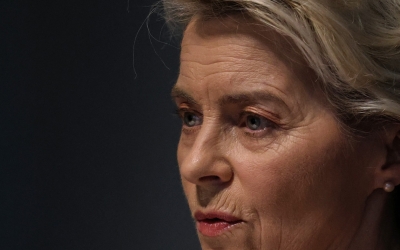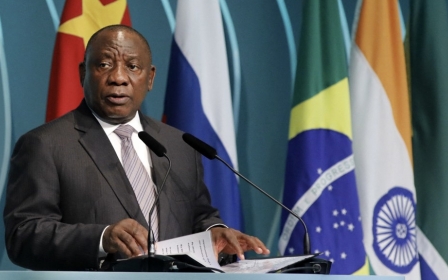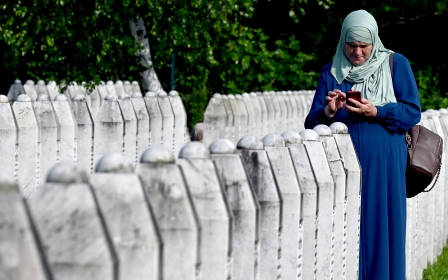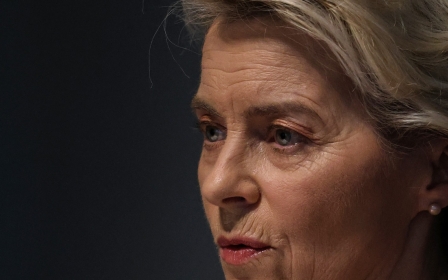Do 'European values' exist?
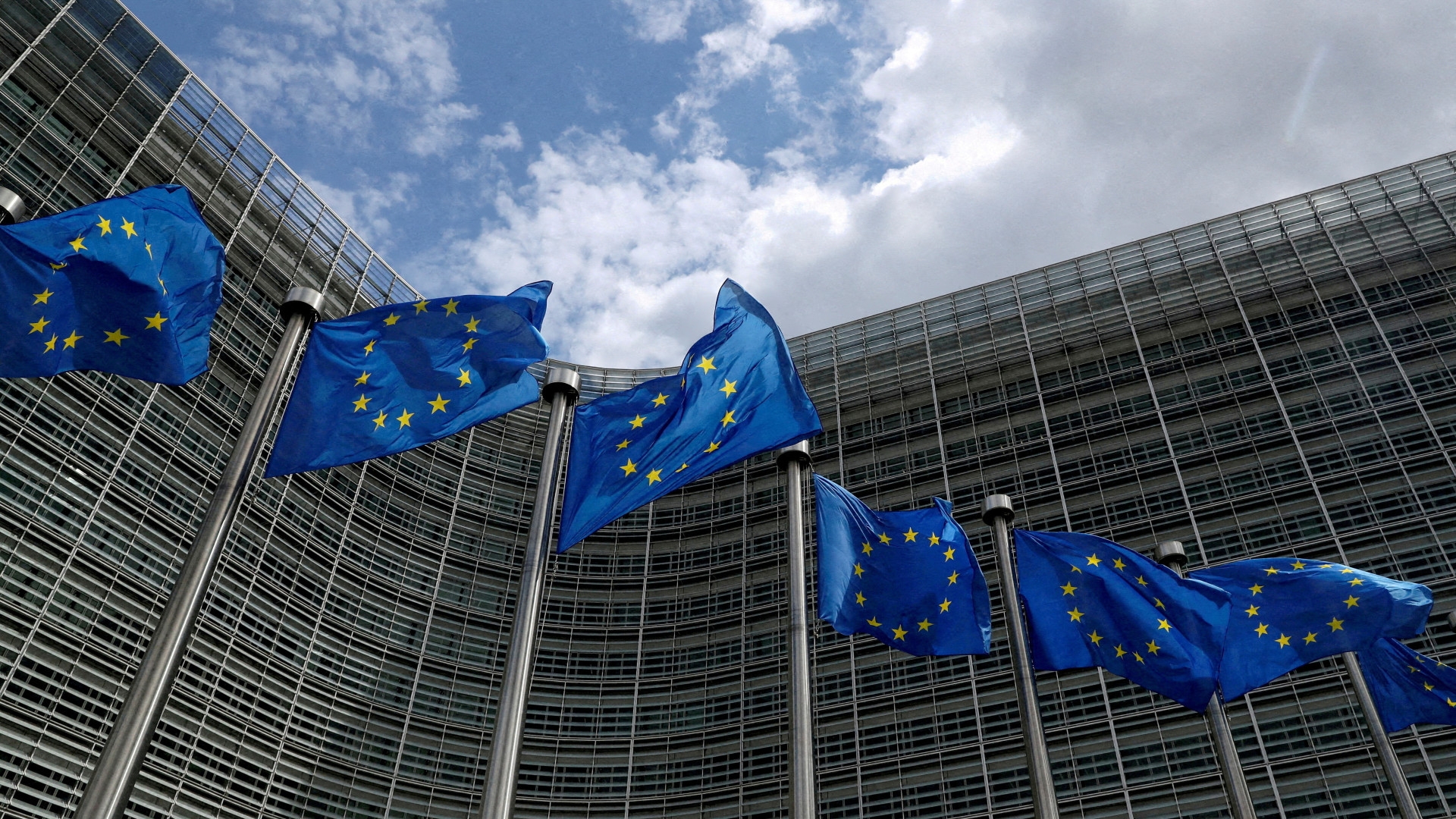
When I was studying for my master's degree in international relations and European studies 17 years ago, the mantra of "European values" was pervasive.
I remember professors and students unquestioningly playing up the impact of these values not only in the European Union but beyond. The process of EU expansion was frequently presented as an export of European values and standards to once-socialist countries in transition.
This was a period in the mid-2000s shortly after the EU expanded in 2004 to include 10 new members in Central Europe and the Baltics. My colleagues from the new EU member states were ecstatic about the future.
Even in my native Bosnia, European integration was seen as a panacea for post-war challenges. Joining the EU was framed as a process of adopting European values and standards that would both solve Bosnia's problems and reward the country with full membership by Brussels.
Former communists, erstwhile nationalists, salon liberals and a rapidly increasing number of newly minted EU experts all hailed European values. Optimism about European values was so contagious in the Balkans at the time that I can hardly remember any public figure questioning the idea. In fact, of the several dozen political parties in a country of three million, there was not a single anti-EU party in Bosnia.
New MEE newsletter: Jerusalem Dispatch
Sign up to get the latest insights and analysis on Israel-Palestine, alongside Turkey Unpacked and other MEE newsletters
The notion of European values is interwoven with the EU. For many nation-states, the foundational myth is an anti-imperial struggle or a national liberation movement. Since key founding members of what eventually became the EU were colonial powers, this was a non-starter.
What, then, could the supra-state union claim to stand up for and uphold in the post-World War Two period?
Losing ground
The EU has officially stated that it was established on the values of human dignity, freedom, democracy, equality, rule of law and human rights. This inventory of values essentially constitutes the foundational myth of the EU; without an ideological framework to keep the bloc together, they came to be regarded as the unifying glue for old and new members.
The reality of European values is a far cry from the official EU narrative and admission to the EU is no guarantee of across-the-board progress
Yet the situation in the six European countries that founded the European Steel and Coal Community - the precursor to the EU - in the 1950s was far from meeting any democratic or rule of law standard that comprises European values today.
Germany was under US tutelage and Italy was on the verge of being taken over by communists. Greece joined in 1981, a mere seven years following the end of the junta rule. Spain and Portugal joined in 1986, slightly over a decade after the end of the Franco and Salazar dictatorships, respectively.
While many of today's EU members have made progress in upholding democratic standards, the same cannot be said of their situation at the time of joining the club. In fact, when dealing with the Western Balkans today, the EU expects potential members to have adopted values and standards that were far from met in the earlier EU enlargement processes.
But this is only a part of the problem.
Now, more a decade and a half after EU enlargement in Central Europe and the Baltics, the concept of European values is losing ground. The idea that the adoption of European values would move societies in southeast Europe forward is no longer convincing.
Over the years, EU officials have expanded its category of values. I remember hearing in various formats that adopting European values meant more civility in politics, less corruption, fewer conflicts of interest, declining nationalism and more solidarity.
EU officials stationed in the Balkans and those visiting the region reinforced this message for years. The narrative of European values became the EU-speak.
To be fair, a set of values and standards does exist in the EU. Perhaps in no other region as in Western Europe are freedom and the rule of law respected. Combined with the prospect of economic well-being, it is no coincidence that countless migrants are trying to make their way to Western Europe in search of a better life. The European Dream has become the new iteration of the American Dream.
Little progress
But the reality of European values is a far cry from the official EU narrative. European officials in the Balkans frequently play up the notion that EU integration will lead to higher standards of upright behaviour by politicians. Yet Gerhard Schroder's role in the Nord Stream project and his links with Moscow have become textbook examples of dubious dealings.
Furthermore, admission to the EU is no guarantee of across-the-board progress. Take the Corruption Perception Index of 2022. Rwanda is better placed than Croatia or Romania. Cuba has a better ranking than Bulgaria. Georgia is ahead of Hungary.
From conflicts of interest to nationalism to improper parking, an array of European officials have undermined the idea of European values
This is a worrying sign for EU member states and one that calls into question whether European values have taken root in the Balkan states that recently joined the EU.
The situation is better according to the latest Word Press Freedom Index. While most EU member states are top-ranked, a number of non-EU states were better-placed compared to long-standing EU members. For instance, Argentina scored higher marks than Slovenia and Moldova outperformed Italy.
Then, there is Viktor Orban's Hungary. From Russia-friendly policies to the rise of xenophobia and nationalism, Orban has turned into a liability for proponents of the notion of Europeanisation. Other Central European countries have seen a similar rise in worrying trends. This is a dramatic departure from the much-praised "Visegrad Four" of a decade and a half ago.
Even more banal examples abound. The EU delegation chief in Bosnia, Johann Sattler, whose tenure in Bosnia turned controversial following his overt meddling in the country's domestic politics, recently parked his car on a sidewalk in Sarajevo in broad daylight as he went for a coffee.
This was picked up by Bosnian media and criticised by Bosnian citizens. If an EU representative's behaviour is at odds with the European values that Brussels promotes, then what are Bosnians or others seeking to join the EU to think of those values?
From conflicts of interest to nationalism to improper parking, an array of European officials have undermined the idea of European values. They have shown that European values exist as ideals and not necessarily in reality.
As a result, European values have lost their once-held appeal as the soft power of the EU.
The views expressed in this article belong to the author and do not necessarily reflect the editorial policy of Middle East Eye.
Middle East Eye delivers independent and unrivalled coverage and analysis of the Middle East, North Africa and beyond. To learn more about republishing this content and the associated fees, please fill out this form. More about MEE can be found here.



